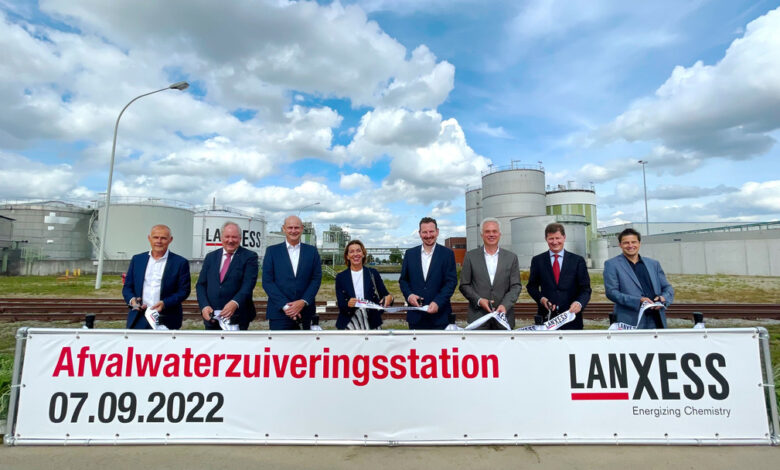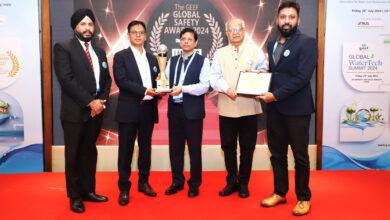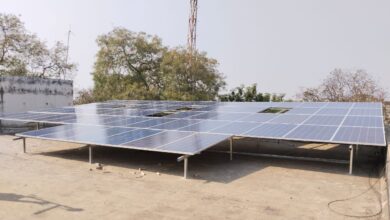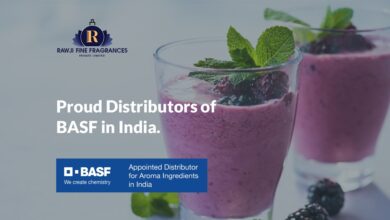Inauguration of biological wastewater treatment plant at LANXESS

- Built for the strictest environmental standards
- Processing capacity of 260,000 litres of wastewater per hour
- Investment of some EUR 12 million
Mumbai (Maharashtra) [India]: LANXESS has commissioned a new wastewater treatment plant at its Belgium Kallo/Antwerp site. The special chemicals company invested around EUR 12 million in the plant, which has a treatment capacity of around 260,000 litres of wastewater per hour.
LANXESS thoroughly modernized and expanded the existing water treatment plant to comply with the stricter environmental legislation. It was a challenging job because the plant had to remain operational throughout the renovation. The wastewater treatment plant not only processes the wastewater from the LANXESS plants on the site, for the production rubber chemicals and glass fiber, but also that from two neighboring companies.
Investing in sustainability
“The renewal and improvement of the wastewater treatment plant enables us to meet the highest environmental standards. We take responsibility for our local sites and this includes investing in sustainable and innovative processes that protect the environment,” said Anno Borkowsky, board member of LANXESS, in his welcome speech.
“Using energy, raw materials and water sparingly and efficiently is in the DNA of the chemical sector. As the largest chemical cluster in Europe, it is our responsibility to also be an innovation leader in cutting-edge environmental and climate technology. With this investment, LANXESS is putting its money where its mouth is in challenging economic conditions. It illustrates the chemical sector’s ongoing commitment to a better environment and additional water savings. Compared to 10 years ago, chemical and pharmaceutical companies already consume almost a quarter less drinking water. Together with Flemish minister Zuhal Demir, we are working on a sectoral Blue Deal to save even more water,” said Yves Verschueren, managing director of essenscia, the Belgian sector federation of the chemical industry and life sciences.
Social commitment
“Today, the precipitation deficit in Flanders is greater than during the historically dry summer of 1976. Water managers, water companies, governments, citizens and companies are taking measures to mitigate the effects of the current drought period, but it is clear that we need to arm ourselves in a sustainable way against periods of drought. This investment by LANXESS demonstrates a social commitment to daring and willingness to invest in such measures in economically challenging times, in order to make their company, but also the sector, future-proof,” said Carina Van Cauter, Governor of the province of East Flanders.
Bacteria do the work
The installation is home to bacteria that process and purify the wastewater. The different wastewater streams are mixed and end up in aeration towers. The water is fed with activated sludge, in which the bacteria reside. The environment of the biological wastewater treatment plant is constantly monitored, for example to ensure balanced acidity and the right temperature.
The bacteria are finally separated and returned to the purification process, the purified water is fed into the Scheldt. The plant operates day and night. An independent laboratory analyzes water samples daily for quality control.
Substantial improvement of environmental protection standards at port sites
The project is part of an investment program in the mid double-digit million euro range with which LANXESS has significantly improved environmental standards at its sites in the port of Antwerp in recent years. At the Lillo site, LANXESS commissioned a plant to reduce nitrous oxide emissions in 2021. This will reduce the emission of CO2 equivalents by 150,000 tons annually. In the autumn 2022, construction will start on a second plant that will eliminate another 300,000 tons of CO2 equivalent annually.














